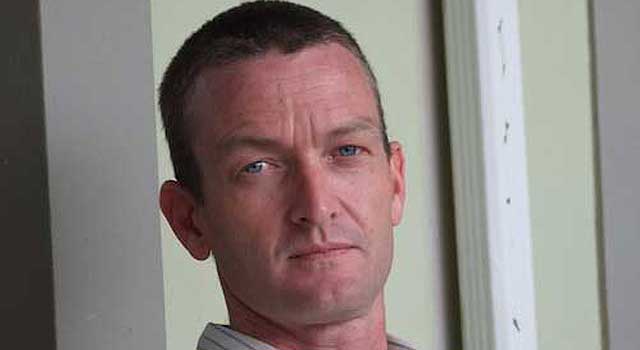
Vodacom acquisition target Neotel must table a roaming offer to all mobile operators interested in access to its spectrum before the two parties return to the Competition Commission to seek approval of the newly restructured deal.
This follows a pre-hearing meeting at the Competition Tribunal in Pretoria on Thursday at which the operator’s competitors argued that the new deal — which now excludes the transfer of Neotel’s operating and spectrum licences — must be considered afresh by the commission.
The commission had previously recommended that the deal be approved, albeit with a number of conditions, including that Vodacom not have access to Neotel’s spectrum for a period of two years.
But on 23 November, just as the tribunal’s hearings into the deal were about to kick off, Vodacom asked that they be postponed while it restructured the deal with Neotel and its shareholders.
It is still not clear why the parties returned to the negotiating table, though much of the speculation centres on whether communications regulator Icasa erred in approving the transfer of Neotel’s licences to Vodacom. Icasa’s decision is the subject of a high court challenge brought by Vodacom’s rivals. Judgment is expected to be handed down soon.
Alfred Cockrell, SC, for MTN argued at the tribunal pre-hearing on Thursday that the proposed deal has been changed fundamentally, from one where the shares in Neotel were being sold to Vodacom, to one where Vodacom is buying the assets of the company (except for its licences).
“What led the merging parties to acquire not the shares but the assets? What led them to strip out the spectrum? Why acquire everything Neotel has, expect the most valuable asset, the spectrum licence?” Cockrell asked at the pre-hearing.
Telecoms lawyer Dominic Cull told TechCentral that the move to restructure the deal probably relates to challenges Vodacom expected to face at the tribunal as well as a realisation that the applications made to Icasa to transfer control of Neotel’s service and spectrum licences would ultimately not be successful.
“The latter is suggested both by the timing of the announcement — shortly after the high court heard challenges to Icasa’s decision to approve these applications — as well as the text of the announcement, which refers explicitly to the exclusion of the service and spectrum licences from the restructured deal,” Cull said.

“It is also illustrative to note that almost a year ago, Telkom announced the restructuring of its acquisition of … [Business Connexion] to exclude BCX’s service and spectrum licences, precisely because Telkom realised it would face the same legal quagmire in which Vodacom and Neotel find themselves,” he added.
“My view is that it should have been apparent to Vodacom and Neotel by the beginning of 2015 at the latest that they were not going to get the required Icasa approvals.”
The new deal structure means the merging parties no longer require Icasa’s prior approval, Cull said.
Under the proposed new deal, Neotel will offer “roaming” on its spectrum to all mobile network operators, including Vodacom. It’s far from clear, however, how this will work in practice.
Vodacom has agreed with the Competition Tribunal that once the roaming offer has been made by Neotel to other mobile operators, and once those operators have responded, the merging parties will “re-notify” the details of the restructured transaction with the Competition Commission.
“The tribunal also agreed to hold a pre-hearing with all the parties within five days of the re-notification to the Competition Commission,” Vodacom said in a statement.
At the pre-hearing, Vodacom’s rivals argued that the restructured deal should be considered as a “new merger” and should therefore be re-notified with the Competition Commission, with new documents led into evidence. — (c) 2015 NewsCentral Media




